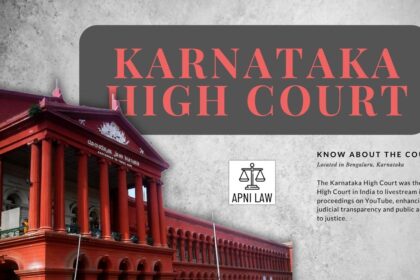Code
Whoever abets the commission of an offence by the public generally or by any number or class of persons exceeding ten, shall be punished with imprisonment of either description for a term which may extend to three years, or with fine, or with both.
Illustration
A affixes in a public place a placard instigating a sect consisting of more than ten members to meet at a certain time and place, for the purpose of attacking the members of an adverse sect, while engaged in a procession. A has committed the offence defined in this section.
Explain it
This section states that whoever abets the commission of an offence by the public or by any number of persons exceeding ten, shall be punished with imprisonment for a term which may extend to three years, or with fine, or with both.
Abetment in this context refers to instigating, aiding, or encouraging the commission of an offence.
The “public” refers to a large group of people, while “more than ten persons” implies a smaller but still significant group.
Illustrate it
- A person inciting a crowd to riot and vandalize public property.
- A group of individuals exceeding ten in number, aiding and abetting a robbery.
- A leader of a political party encouraging their supporters to disrupt a public gathering.
Common Questions and Answers
Q: What constitutes “abetting”?
A: Abetting includes actions like instigating, aiding, or encouraging the commission of an offence. This could be through words, gestures, or any other form of communication.
Q: Does this section apply only to unlawful assemblies?
A: No. This section applies to abetting any offence, not just unlawful assemblies. The only requirement is that the offence is abetted by the public or more than ten persons.
Q: What is the punishment for violating Section 117?
A: The punishment is imprisonment up to three years, a fine, or both.







